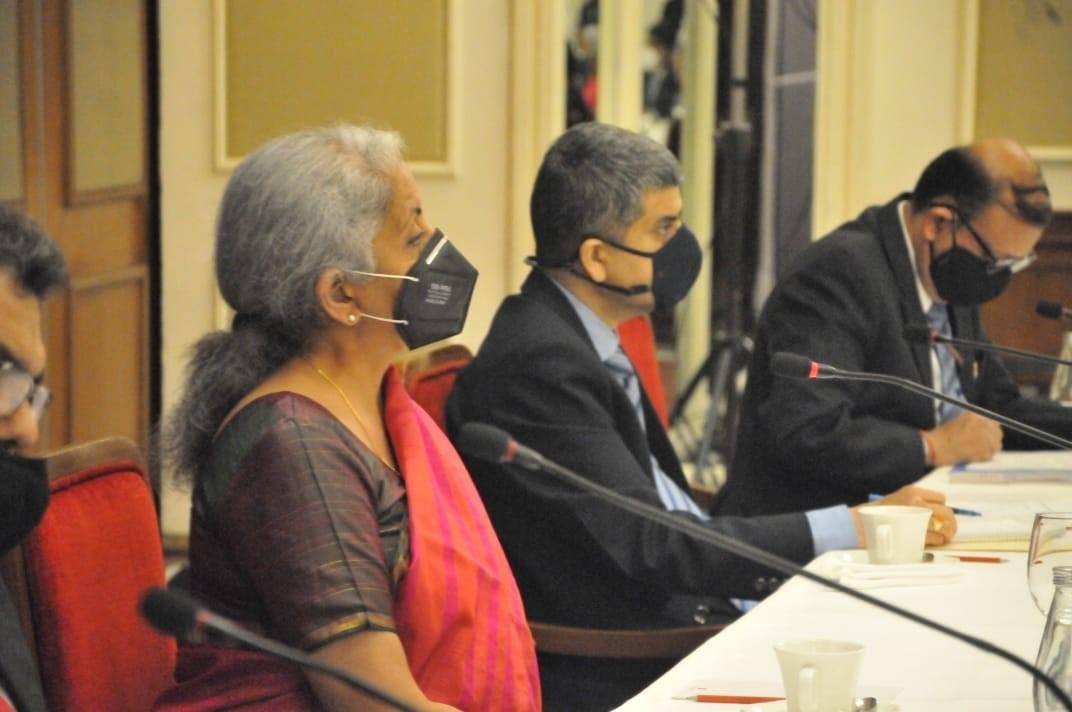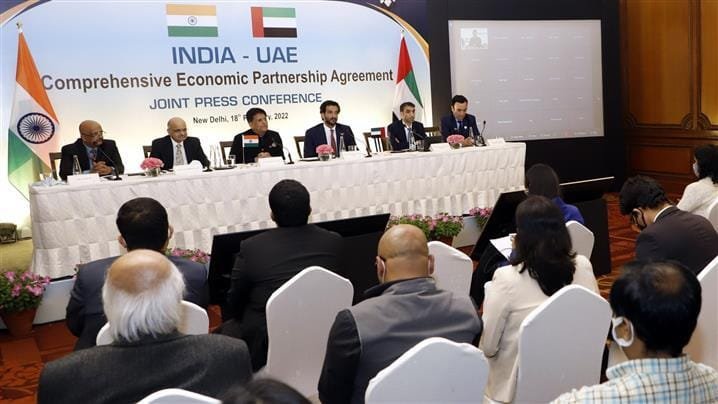India has been in sweet spot
India cannot afford to get complacent about the twin deficit challenge, warned Dr Duvvuri Subbarao, former governor of the Reserve Bank of India (RBI).
Dr Subbarao, currently a Distinguished Visiting Fellow at the Institute of South Asian Studies (ISAS) at National University of Singapore, made the comments in his address at the 3 rd ISAS Lecture on “India in a Globalising World”.
India’s balance of payments crisis in 1991 and the near crisis in 2013 were both a consequence, he said, of unchecked fiscal profligacy spilling over into the external sector.
India has been in a sweet spot over the last four years because of the sharp fall in the global crude oil price which gave it cushion on both fiscal and current accounts.
But that comfort has now come to an end with global oil price firming up. It is worrying therefore that the Finance Minister has loosened up on fiscal consolidation in the recent budget in the face of a rising current account deficit.
Dr Subbarao was also critical of the budget proposal to raise import tariffs on a host of items. Rather than bolster ‘Make in India’, these higher duties will in fact hurt domestic manufacturing.
This decision was ill advised also because it runs counter to the calibrated reduction in import tariffs over two decades, and runs counter also to the prime minister’s speech in Davos just two weeks before the budget where he decried the growing protectionist tendencies in the rich world. Not walking the talk raises a credibility gap, which will hurt India’s investment prospects.
Dr Subbarao challenged the stereotype view that a country can get long-term trade advantage by manipulating its exchange rate out of line with fundamentals.
He cited the example of India’s trade with China. In the new millennium (2001-16), India’s trade deficit with China shot up from under $1 billion to over US$50 billion.
It is tempting to believe that at least a part of this heavy tilt in China’s favour is a result of the latter’s mercantilist policies. The facts though do not support that view.
During this period, the rupee actually depreciated against the yuan by as much as 70% which, if anything, should have given India an advantage. He argued that rather than a weak exchange rate, what gives sustained advantage in trade is improved productivity.
Dr Subbarao said that globalisation has never been a totally benign experience; it offers immense opportunities, but also poses ruthless challenges.
The task for India, as it is for every country, is to maximize the benefits and minimize the costs of integrating with the world. It is tempting for emerging markets to believe that they would be better off withdrawing from globalization. That would be exactly the wrong response.
The challenge is to stay in globalisation and compete at the global level. That could potentially be a win-win for every country.
Drawing a template for India’s agenda in managing globalisation, Dr Subbarao pointed out that globalisation accentuates inequalities. It lifts all boats, but does not lift all of them to the same level.
He emphasized that governments, both at the Centre and in the states in India, should engage in energetic polices to reduce inequalities. If not the alienation triggered by globalisation can threaten social order.
Dr Subbarao added that in order to manage globalisation to its advantage, India also needs to hone its skills in negotiating on global issues in global forums. fii-news.com










